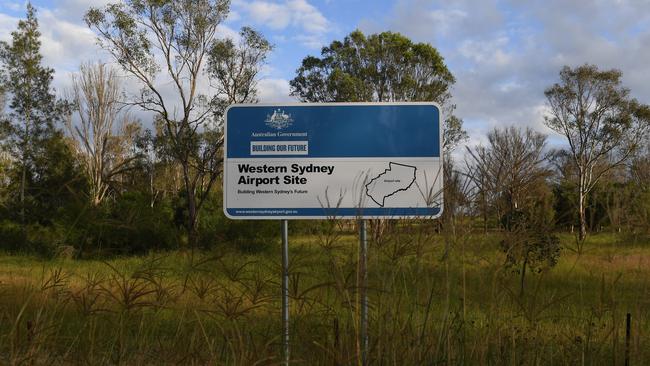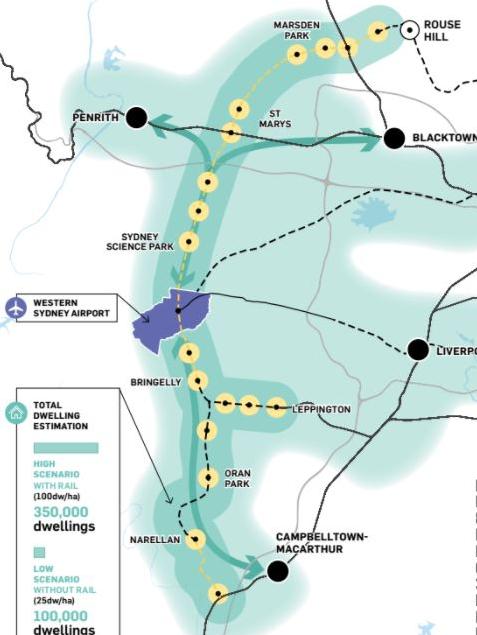Resounding support for north-south rail in community survey
A COMMUNITY survey has emphatically backed a north-south rail link connecting the Macarthur region and its northern neighbours with the Western Sydney Airport.

Macarthur
Don't miss out on the headlines from Macarthur. Followed categories will be added to My News.
A COMMUNITY survey has emphatically backed a north-south rail link connecting the Macarthur region and its northern neighbours with the Western Sydney Airport.
An online survey of Campbelltown, Camden, Liverpool and Penrith residents by the Western Sydney Rail Alliance found 87 per cent of 2000 respondents would support the rail link.
The proposed north-south rail line runs from Marsden Park in the north to Campbelltown-Macarthur in the south, via the Western Sydney Airport and with Liverpool connected via an extension of the Leppington line.
More than 71 per cent of Campbelltown residents who participated in the survey indicated they would use a north-south rail link if it was available.

Sixty per cent said they would use it to connect with other parts of Sydney while 54 per cent said they would use it to avoid congestion on the road.
Western Sydney Rail Alliance spokesman John Vassallo said the results show the north-south rail option would activate new urban communities and employment precincts.
“The current isolation of the outer suburbs with increasingly growing populations is resulting in an unsustainable strain on the current rail and roads network, reinforcing the imbalance of accessible jobs in Sydney,” Mr Vassallo said.
“A cross-regional rail solution connecting people to jobs will address this unfair situation.
“A north-south rail link will be the catalyst for the growth of jobs in the health, education and services sector in established centres such as Penrith, Liverpool and Campbelltown and will add $44.7 billion to the economy from 2024 to 2040 reaching $3.6 billion per year by 2040.”
More than 66 per cent of respondents living in Campbelltown City spend in excess of two hours commuting to work every day, and more than 72 per cent of these workers are travelling by train.


